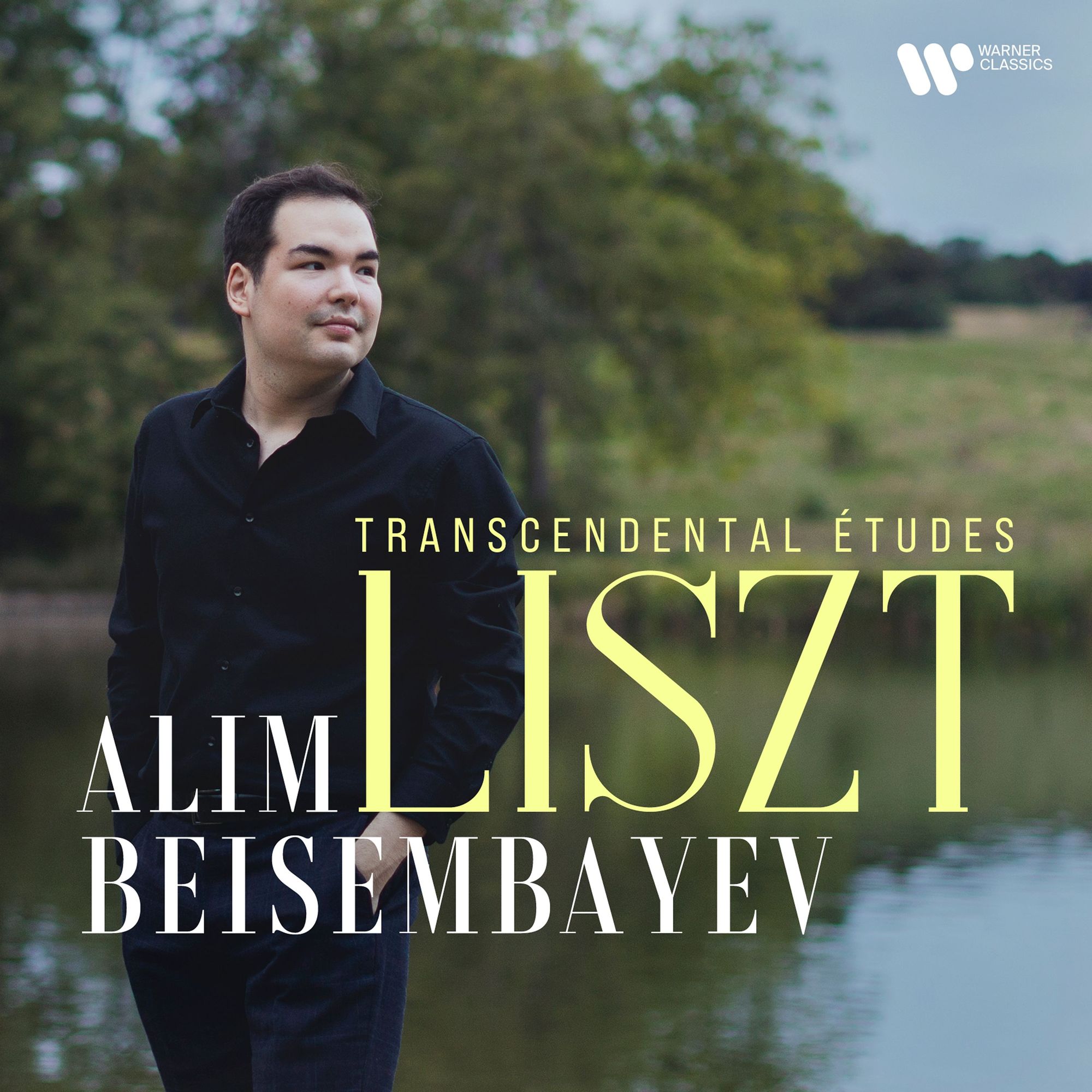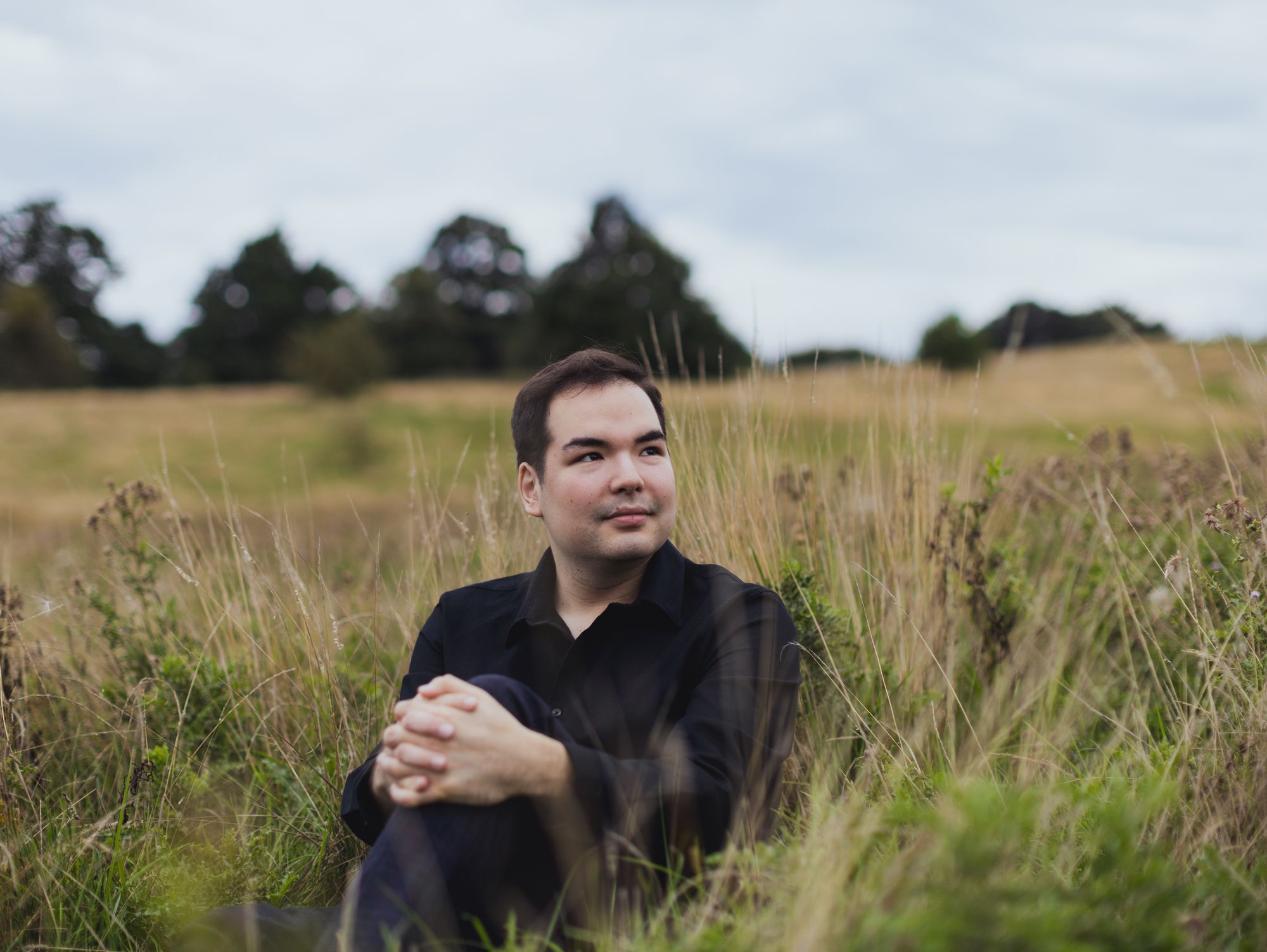A Star is Born: Liszt's Transcendental Studies from Alim Beisembayev
A necessary purchase for all lovers of piano music. Alim Beisembayev is the real deal

Pianist Alim Beisembayev was the deserved winner of the Leeds International Compsetition 2021 (my report of the final can be found here, and my One to Watch interview with Alim was printed in International Piano's November 2021 issue).Beisembayev is a real gentleman, softly spoken and modest; but when he gets to a keyboard, there is no doubting the sheer talent and musical intelligence at work here. In his first major recording, for Warner Classics, no less, he presents Liszt's daunting Transcendental Studies (Études d'exécution transcendante).
Beisembayev performed seven of the 12 at the Wigmore Hall on December 12, 2022 - a freezing cold, snow-laden day in a strike-hobbled London and wirh severe delays on many tibe lines and on trains post-5pm from some mainline stations. Despite thatm, the hall was very full - a testament to the importance of Beisembayev's recital (part of his winner's package from Leeds).

Hearing the cycle complete on this Warner Classics recording is a treat thought - a feast for all fans of Liszt piano music, especially the highly virtuoso strand. Here is a video of Beisembayev in the second, “Fusées,” which seems to have its fair share of notes allocated to it.
It is interesting, I think , that Liszt opts to end the cycle on a piece that is mroe ruminative that super-virtuoso in his “Chasse-Neige”. Beisembeyev seems to take this to heart throughout the cycle, making this one ofthe most musical accounts of these 12 pieces out there. The inner tremlos are even more even and magical on disc than they were at the Wigmore:
I do want to quote from the disc itself, as the recording is spectacular - and I also want to note that for those with access to Dolby Atmos on Apple Music, this is the first piano recording that I have heard that actally works in that format as opposed to sounding too hallucinogenic-floaty. On YouTube you won't get quite that high fidelty, but do listen to this: the seventh Etude, “Eroica,” a piece of huge breadth that is far more than just difficult technically. There is humour (is that a touch of pre-Pink Panther I hear?), and there is drama, too. Beisembayev is absolutely enthralling, clearly a master story-teller.
Everything is carefully considered, and yet the virtuosity remains hair-raising. It is an unbeatable combination; this, plus a huge musical intellect, is well-night unbeatable. One of the most complex of the twelve pieces of the penultimate “Harmonies du soir” in which Beisembayev takes us to a perfumed space that is not a million miles away from the elusive harmonies of late Liszt.
The fillers are no less impressive. After a fine “La Leggierezza” (the second of the the three Etudes de Concert, S 144) comes a remarkably intimate Consolation in D flat major, a whispered close to an utterly remarkable disc.
A necessary purchase for all lovers of piano music. Alim Beisembayev is the real deal.
